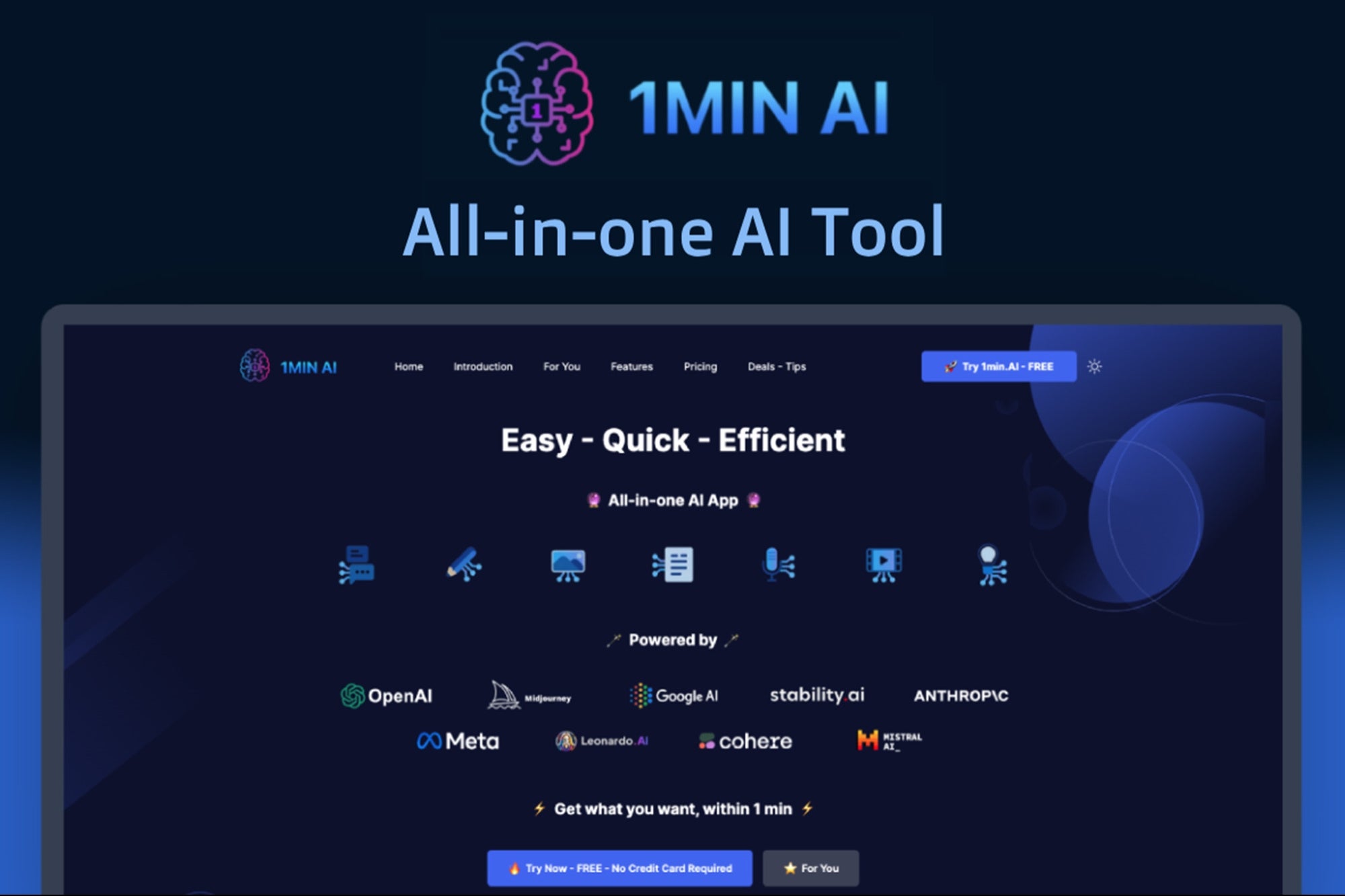FCC to Propose Controversial New Rules on Net Neutrality The new rules would reportedly allow ISPs to charge content providers for a faster, separate pipeline into customers' homes, effectively ending net neutrality.
Opinions expressed by Entrepreneur contributors are their own.
The Federal Communications Commission is about to propose new rules today that could change the internet as we know it.
Under the new rules, internet service providers (ISPs) will reportedly be allowed to charge content providers to use a faster, premium broadband service that bypasses regular traffic. That means companies like Netflix, Apple and Amazon can buy preferred treatment from the likes of Comcast and Time Warner Cable.
Related: Netflix and Comcast Strike a Deal, With a Bit of Mystery
Practically speaking, the change might improve streaming audio and video experiences from big players like YouTube, owned by Google, and the popular music video hub Vevo. On the flip side, smaller content providers who can't afford to pay to play might see their content continue to lag with degraded quality even though the proposed rules prevent ISPs from blocking and slowing content.
The FCC has also reportedly decided, at least for now, against classifying ISPs as public utilities, which would subject them to much heavier regulations.
Critics are calling the proposal a blow to net neutrality, a concept that users should have equal access to all internet content and that no content providers should be discriminated against.
Related: U.S. Court of Appeals Overturns Net Neutrality
"The FCC is aiding and abetting the largest ISPs in their efforts to destroy the open internet," said Craig Aaron, president and CEO of Free Press, a digital rights advocacy group. "Giving ISPs the green light to implement pay-for-priority schemes will be a disaster for startups, nonprofits and everyday Internet users who cannot afford these unnecessary tolls."
In response to reports that the proposed rules will kill net neutrality, FCC chairman Tom Wheeler issued a statement on Wednesday calling the reports "flat-out wrong."
"As with the original Open Internet rules, and consistent with the court's decision, behavior that harms consumers or competition will not be permitted," Wheeler said.
The proposal will be put to a vote on May 15.
Related: Democrats Introduce Legislation to Restore 'Open Internet' Rules










